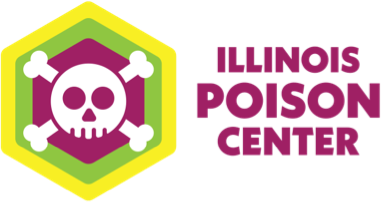Medication Disposal
Preventing Harm
You can help prevent accidental poisoning of children and family members by properly removing medicine from your home. Doing so can help reduce medication abuse and drug diversion.
Proper medication disposal also helps the environment. Studies have found prescription drugs—antibiotics, hormones and cardiac medications—in our nation’s waterways. Water treatment plants cannot remove drug compounds before they reach the environment. Flushing unused medications down the toilet is part of the problem. It’s also something we can control.
Medicine Disposal Guidelines
Take expired or unwanted medications to an approved medication disposal site in your community. Call your local health department or other government agency to find the locations. To find a site near you, visit:
If a medication disposal program is not available in the area, the unwanted or expired medicine may be thrown away in the trash:
- Pour liquid medicine over paper towels, kitty litter or coffee grounds. Place the tightly wrapped mixture into a sealable or watertight container or bag.
- Mix pills, capsules and tablets with coffee grounds, kitty litter or other undesirable substances. They will be less likely to be eaten. Place the tightly wrapped mixture into a sealable or watertight container or bag.
Be sure medicines placed in the trash are inaccessible. This will minimize the chance of accidental poisoning of children and pets.
Only flush medications down the toilet if their label specifically instructs you to do so. You can also see a list of drugs that can flushed from the FDA.
IPC is here to help. If you have any questions about medication disposal, contact us at 1-800-222-1222.
